Mission
The mission of the ReefSystems Foundation is to set up coral reef restoration workshops worldwide to safe our coral reefs. By teaching community members of fishing villages in different parts of the world how to restore the health of marine ecosystems we enable them to create their own food supply with new ways to protect and enhance the marine environment.
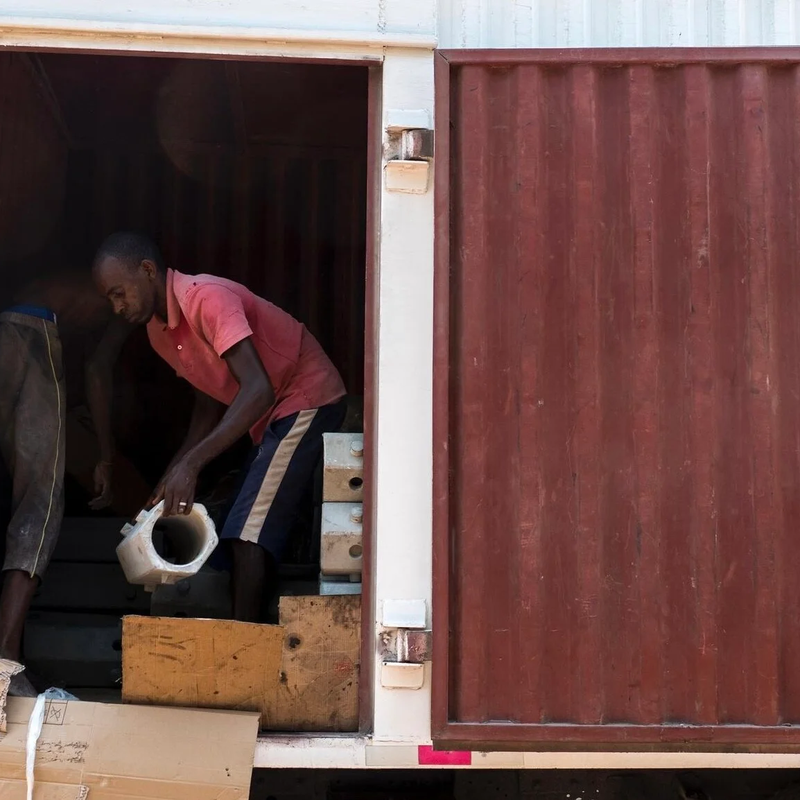
1. Create employment for communities living in fishing villages

2. Improve the health of damaged coral reefs

3. Increase economic activities by stimulating eco-tourism
What's new?
Over the years many different artificial reef designs, made from different materials have been installed worldwide, but often these artificial reefs failed to meet it’s purpose of truly restoring marine ecosystems (see link). Artificial reefs can have the most positive impact, when they are installed close to fishing villages, since the communities living here depend on healthy marine ecosystems for their food (fisheries) and income (tourism). ReefSystems has carefully examined the biggest problems with artificial reef projects and developed a suitable solution.
The two main problems with artificial reefs are:
-
Expensive installation process
-
Not serving the purpose of ecosystem restoration
Problem 1: Expensive installation process
Most artificial reefs that are being developed are big and heavy structures. After production it is difficult to transport and install them, since they often weigh over 2.000kg per unit. To install these structures, big installation vessels are needed, which are often very expensive. In remote fishing villages, where marine ecosystem restoration is most important, it is often hard to realize these expensive projects. It is also hard to include the local community, with these kind of construction projects, since it requires skilled labor.
Problem 2: Not serving the purpose of ecosystem restoration
Many artificial reefs do not serve the purpose truly restoring marine ecosystems. When a structure is installed with only one big opening, it will often be the habitat for only one creature. This predator will eat everything that enters its habitat. Since a healthy ecosystem consists out of a biodiverse marine population, it is important to create highly complex 3D structures with a lot of different micro- habitats. Different sized creatures need different sized habitats to find shelter from predators.
Solution: Modular Sealife System
The Modular Sealife System (MOSES) is a unique modular building block that enables effective and low-cost artificial reef projects. Unlike traditional heavy alternatives requiring costly cranes and ships, MOSES makes artificial reef installations scalable and significantly more affordable, empowering even resource-limited fishing villages to create thriving underwater ecosystems.
Each unit weighs 20kg and can be carried by hand. The design can be stacked efficiently for transpor-tation and the reefs can be installed with only a simple fishing boat and divers.
ReefSystems Method
Our step-by-step approach for positive impact:

1. Scientific research

2. Planning for action
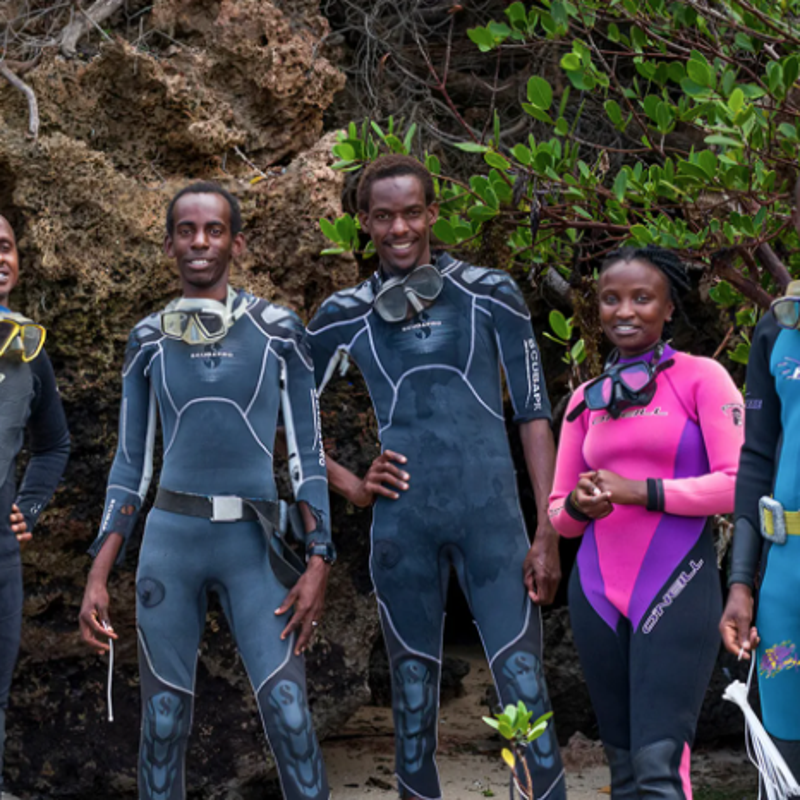
3. Finding the right local partners

4. Cultivate new corals

5. Set up artificial reef production workshop

6. Reef production training for local community members
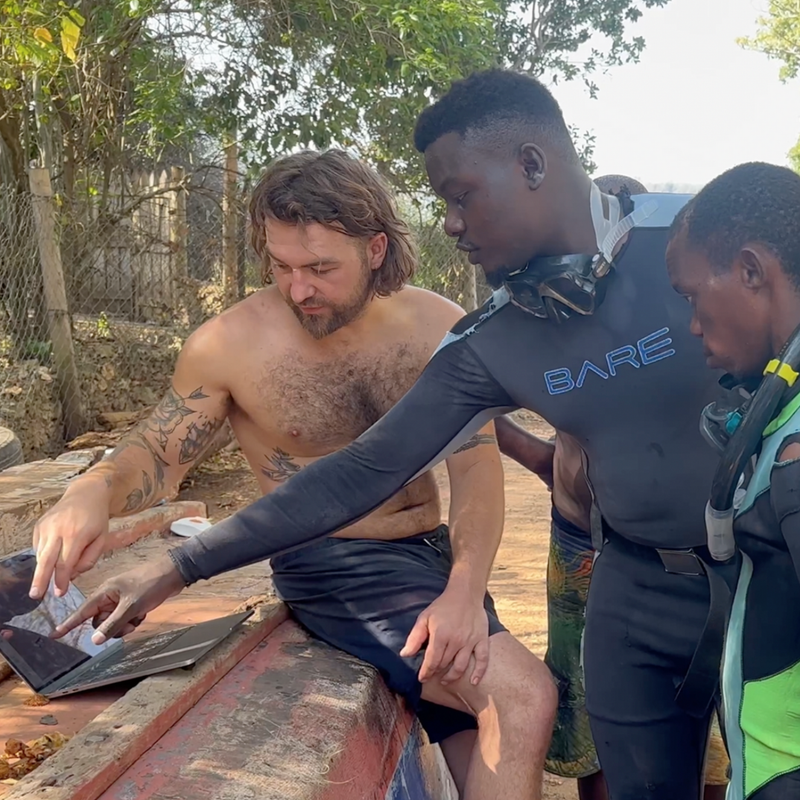
7. Reef installation training for local community members

8. Installation of artificial reefs

9. Harvesting corals from nursery and transplantation of corals on reefs
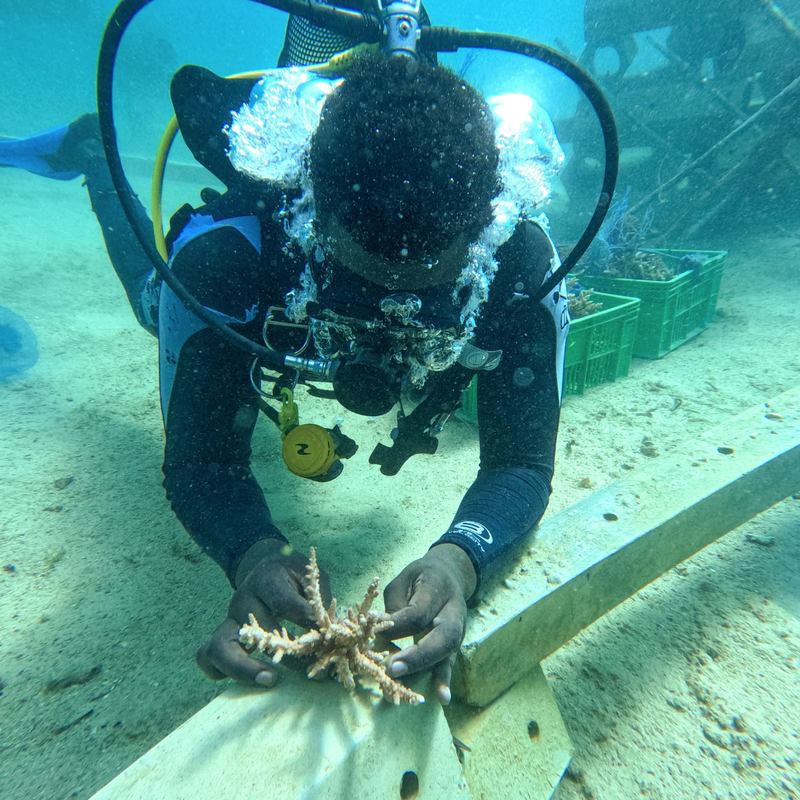
10. Monitor survival and growth rates of corals

11. Monitor biodiversity increase over time

12. Create Marine Protected Area (MPA) / No-take zone
Read more about the 12-step approach in our yearly report:
Meet our team
Board of the ReefSystems Foundation
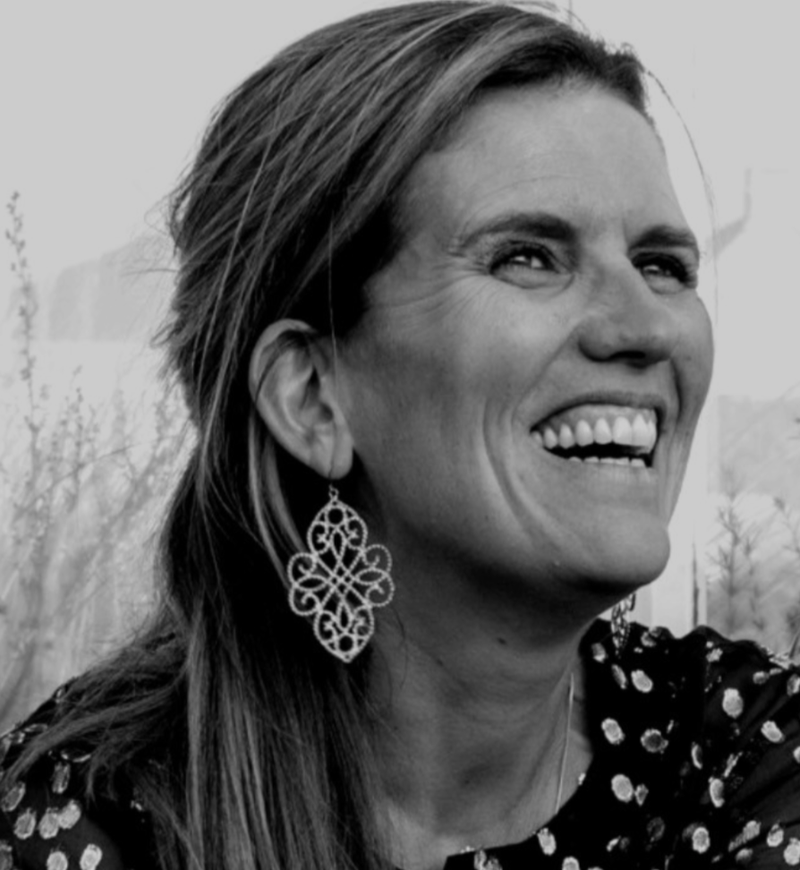
SECRETARY
Impact Finance/Investment and Social Enterprise leader and advisor – 15+ yrs working in and passion for capital and business as a force for good; from small, disruptive social enterprises driving a systemic shift in industries to large corporates with the capacity to create transformative impact by moving the needle an inch.

CHAIRMAN
Strong and committed project manager able to work under high pressure and committed to stimulate development of others. Able to build intercultural bridges, set up with innovative partnerships. Passionate about biodiversity conservation with a proven track record of successful projects in conservation and management.

TREASURER
Experienced Chief Financial Officer and non-executive / commissaris with a demonstrated history of working in the wine and spirits industry. Skilled in IPO, Private Equity, Strategy, Executive Management, and Finance. Strong finance professional graduated from NIVRA, Amsterdam. Interested in new ways for nature conservation.
Executive directors

PARTNERSHIPS & STRATEGY
Jesse focusses on the strategy, organization and sales. He has always been interested in the ocean. After scuba diving around the world, his awareness surrounding habitat loss and natures dangerous decline started growing. He teamed up with Max to develop solutions for these growing problems.

DESIGN & TECHNICAL
Max graduated with honors as a product designer from the ArtEZ university for higher arts in Arnhem. He grew up near the beach and has always been interested in protecting marine life. Teaming up with marine biologist and NGO'S has been a key element in his work as an environmental designer.
Project managers

Project lead Kenya
In Kenya, Ewout is working on his PhD project titled: Facilitating the facilitators: advance coral reef restoration using the services of natural reef inhabitants. He is leading the production and installation of the reefs and is researching the effect of the new reefs on the ecosystem.
Project lead Indonesia
Partners

The AFAS Foundation provides funding for projects worldwide in the areas of health, biodiversity education, and society. Thereby they enable a significant global positive impact. With generous support from the AFAS Foundation we have been able to set up and run our reef restoration workshop in Kenya to create a positive impact for the marine ecosystem and the people living in the fishing village of Shimoni.

REEFolution Foundation has been established by the Wageningen University and Research. They have developed a marine environmental education program to teach communities in remote fishing villages how to restore marine ecosystems and fish sustainably. Furthermore they have set up a coral cultivation program in Shimoni, Kenya in collaboration with the local community. Together with REEFolution we are currently creating a big positive impact for the marine environment in Kenya.

The Symbio Foundation initiates positive change to restore the balance between humans and nature. This is achieved by increasing awareness in society and by promoting innovative entrepreneurship. Take a look on their website here.

Sumthing has developed a platform that enables the funding of nature conservation projects by consumers and organizations. Their mission is to realize nature's comeback story. Take a look on their website here.

The founders of SEA Water try to be part of a solution for global water scarcity. They can turn sea-water into drinking water with an innovative solution. Take a look on their website here.









